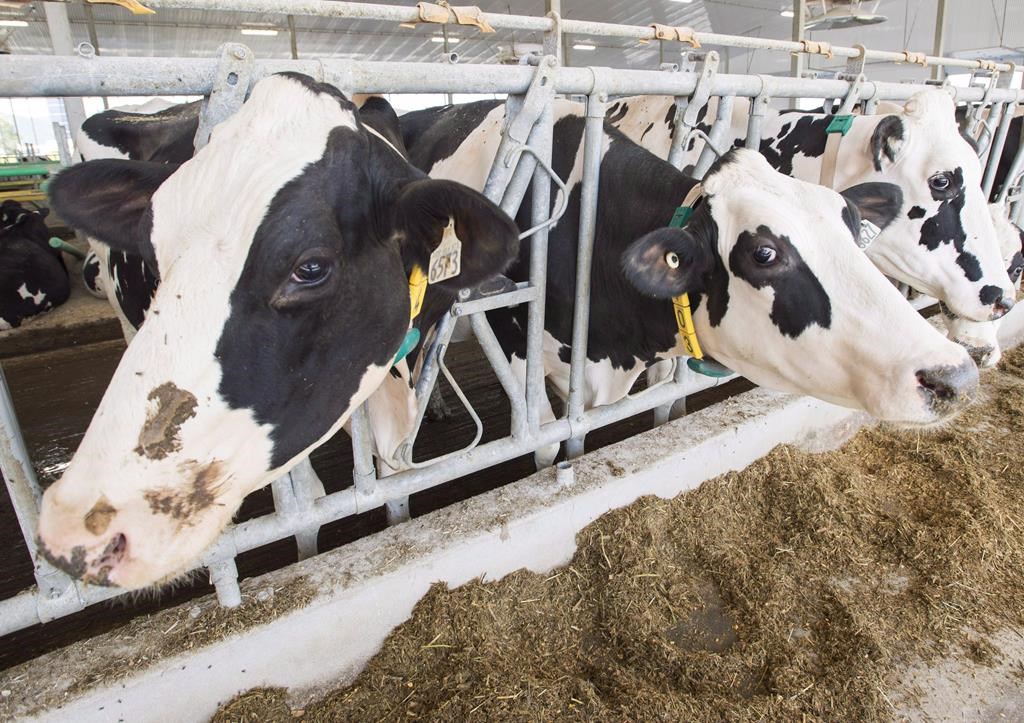Top-ranking Mormon leader Boyd K. Packer dies at age of 90; was next in line for presidency
Posted July 3, 2015 6:29 pm.
Last Updated July 3, 2015 8:20 pm.
This article is more than 5 years old.
SALT LAKE CITY – Mormon leader Boyd K. Packer, president of the faith’s highest governing body, has died. He was 90.
Packer died Friday afternoon at his home in Salt Lake City from natural causes, church spokesman Eric Hawkins said in a statement.
Packer, known for being a staunch advocate for a conservative form of Mormonism, was next in line to become president of the Salt Lake City-based Church of Jesus Christ of Latter-day Saints.
He had been a member of the church’s Quorum of the Twelve Apostles since 1970. The group is modeled after Jesus Christ’s apostles and serves under the church president and his two counsellors.
He is the second member of quorum to die in recent months. L. Tom Perry died on May 30 from cancer.
Quorum member Russell M. Nelson, 90, now becomes the leader who would take Mormon President Thomas S. Monson’s place. Monson is 87 years old, and church officials have said he’s feeling the effects of his age.
Replacements for Packer and Perry will be chosen sometime in the coming months by Monson, considered the religion’s prophet. Members of the faith believe those decisions are guided by inspiration from God. Some past quorum members have been moved up from another governing body, the Quorum of the Seventy, while others have come from leadership posts at church-run universities.
When Packer was chosen for the group, he was already working for the church.
Packer was born Sept. 10, 1924 in Brigham City, Utah, and was a bomber pilot during World War II. He earned an undergraduate degree from Utah State University and a master’s in educational administration from Brigham Young University.
During his 45 years as a member of the quorum, Packer became known as a fearless defender of the gospel and master teacher of church principles, the church said in a news release.
Fellow church leaders called him a true apostle for the religion.
“From the crown of his head to the soles of his feet, he represented the saviour of the world,” said quorum member M. Russell Ballard in a news release. “President Packer always felt that if we could read the words of the Lord we would be far better off and much safer than speculating with our own ideas,”
Packer spent most of his adult life working for the church and earned a reputation of being a tenacious advocate for his orthodox views on Mormonism, said Patrick Mason, chairman of the religion department and professor of Mormon studies at Claremont Graduate University in California. Some called him a bulldog, but Packer preferred the biblical analogy of “watchman on the tower,” Mason said.
He was known for having a major influence within the church hierarchy and bureaucracy, having mentored at least one if not two generations of church leaders and bureaucrats, Mason said.
Packer is remembered for giving a speech in 1993 in which he warned that the religion faced the greatest threat from three groups: feminists, homosexuals and intellectuals.
In 2010, he denounced homosexual attraction as unnatural and immoral. His hostility toward homosexuality made him a target in recent years of gay rights advocates, said Armand Mauss, a Mormon scholar and retired professor of sociology and religious studies at Washington State University.
In 2013, a Utah gay-rights organization started a petition to protest the naming of a new Weber State University centre after Packer.
Mauss said Packer will be remembered “for an unyielding resistance to the secular, social world, especially as that world evolved during his lifetime.”
The church credits Packer with being a key driver of the religion’s growth into a worldwide religion that now counts 15 million members around the globe.










